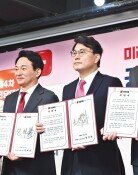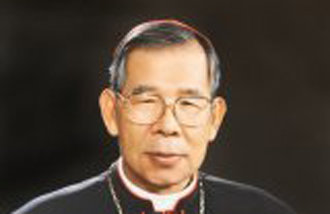N. Korea Adopted a Floating Exchange System Last Summer
N. Korea Adopted a Floating Exchange System Last Summer
Posted October. 05, 2003 00:01,
Over the past summer, North Korea has adopted a floating exchange system as it sharply depreciated its currency against the dollar in line with black market rates, reported the Asahi Shimbun October 4, quoting well-informed North Korean sources.
In addition, North Korea expanded the self-supporting accounting system on dollar earning corporations, so they could increase their foreign currency benefit rates to 40% from the present 20%, said the Asahi.
According to the sources, at foreign exchange offices approved by North Korean authority, the exchange rate has been around 900 won from last summer which is the same as the real rate in black market.
The recent currency is six times lower in its value compared to the previous official exchange rate of 150 won that was introduced during the 7.1 Managing Measures for Economic Improvement. Previously, North Korea raised its official exchange rate from 2.1 won to 150 won reflecting the black market rates, but the massive influx of dollars to black market seemed to force the government to adopt a floating exchange system according to experts analysis.
In spite of the sharp fall in won, the exchange rate in black market kept souring, so dollars possessed by general people were traded limitedly in black market, meanwhile public financial institutions suffered a lack of foreign currency, the source explained.
Cooperative foreign exchange offices have been set up in each district (corresponding to Gu in Seoul) in Pyeoyang city and officials of Chosun central bank are taking the charge of foreign exchange service, added the source.
North Koreas intention of implementing a depreciation policy as an opportunity to innovate economy is an open question, the Asahi analyzed saying, This sharp depreciation measure can cause prices to rise.
parkwj@donga.com







